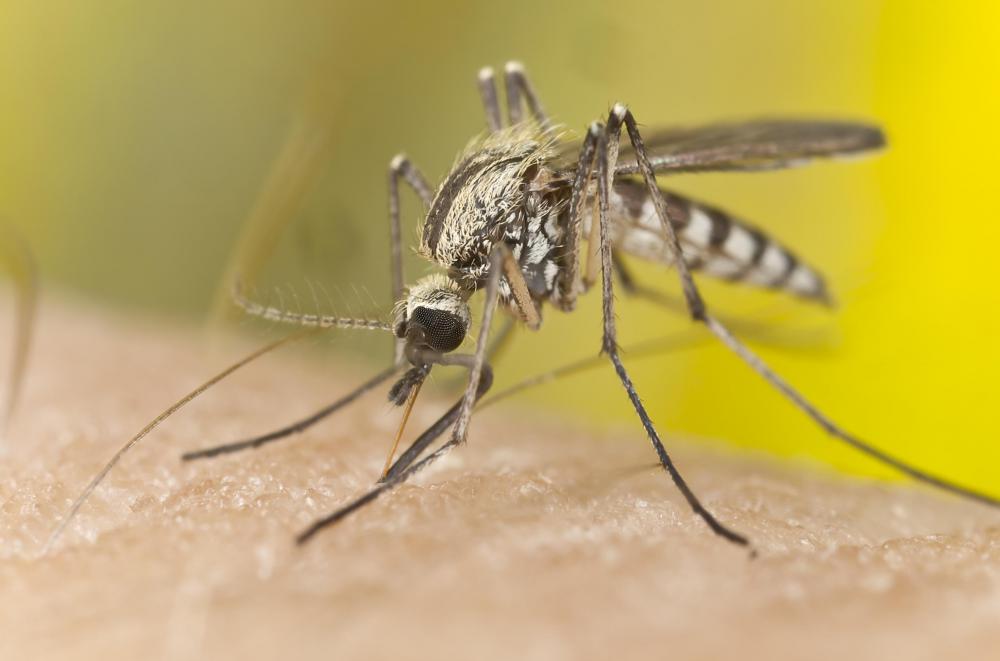At AllThingsNature, we're committed to delivering accurate, trustworthy information. Our expert-authored content is rigorously fact-checked and sourced from credible authorities. Discover how we uphold the highest standards in providing you with reliable knowledge.
What Are the Common Causes of Pus in Cats?
There is a wide variety of conditions that can cause pus in cats. Pus is a liquid that is produced by the body in an infected area, including a wound created by a bite or puncture. Puncture wounds often lead to pus secretions from an infected site in cats, while splinters and other foreign objects can lead to infections with pus as well. Other common causes for pus in cats include tooth problems, acne, mosquito bites, and serious conditions such as thrush and urinary tract infections. Pus on the skin of a cat can sometimes be treated at home, but if the infection progresses it might need to be drained or otherwise surgically treated at a veterinarian’s office.
Bite wounds are a common cause for pus in cats. If the cat gets into fights with another cat or animal, it can be infected by bacteria found in the saliva the feline was bitten by. The infection can be prevented if the wounded is found and treated early, but otherwise can lead to an abscess in the infected area. In addition to a fight, a cat can step on something and get a splinter, which must be removed before the wound gets infected and possibly spreads to other parts of the cat’s body.

Tooth problems such as decay can also lead to pus in cats, which is often accompanied by a bad smell. By touching the cat’s gums, a pulsating feeling indicates that tooth decay might be present. A cat will usually go to touch its mouth if there is pain near a tooth, while symptoms for other problems causing pus can include red and swollen tissue, pain, fever, and a yellow to brown liquid at the infection site. Cats with an infection also lose their appetite and appear to lack energy.

Additional causes of pus can be more severe if it is produced internally. If pus is found in a cat’s urine, for example, this can indicate a kidney infection or stones, inflammation in the pelvic area, an immune problem, or a tumor. Infections and abnormalities in the urinary bladder and urethra are also causes of pus in cats, and a veterinarian typically needs to test, diagnose, and treat the cat before the infection spreads and can be potentially fatal. For any cause of pus in cats, medical help is necessary if the cat will not eat, is in extreme pain, or if an abscess with puss exceeds the size of a golf ball, or does not shrink in a couple of days.
Frequently Asked Questions
What is pus in cats and why does it occur?

Pus in cats is a thick, yellowish or greenish opaque liquid produced in infected tissue, consisting of dead white blood cells and bacteria with tissue debris and serum. It occurs as part of the body's immune response to fight infection, indicating that the cat's body is trying to isolate and eliminate the infectious agents.
What are the most common infections that cause pus in cats?

The most common infections causing pus in cats include abscesses resulting from bite wounds, skin infections (pyoderma), ear infections, dental disease, and urinary tract infections. According to the Cornell Feline Health Center, abscesses from fights are particularly common in outdoor cats due to their territorial nature.
How can I tell if my cat has an abscess?
An abscess in a cat may present as a swollen, warm area on the skin that is painful to touch. The cat may exhibit signs of discomfort or pain, such as limping or reluctance to be touched. As the abscess matures, it may rupture, releasing pus. A veterinarian should evaluate any suspected abscess.
Can internal problems cause pus in cats?
Yes, internal problems can cause pus in cats. Conditions such as pyometra (a severe uterine infection), internal abscesses, or infections in the chest or abdominal cavity can lead to the accumulation of pus. These conditions are serious and require immediate veterinary attention for diagnosis and treatment.
What should I do if I notice pus or an abscess on my cat?
If you notice pus or an abscess on your cat, it's important to seek veterinary care promptly. Do not attempt to drain the abscess yourself, as this can worsen the infection or cause injury. Your vet can safely drain the abscess, prescribe antibiotics, and provide care instructions to prevent further infection.
How can I prevent my cat from developing infections that cause pus?
To prevent infections that cause pus, keep your cat indoors to avoid fights and injuries, maintain regular veterinary check-ups, ensure vaccinations are up to date, and practice good hygiene with regular grooming. Additionally, a balanced diet and clean living environment can bolster your cat's immune system against infections.
AS FEATURED ON:
AS FEATURED ON:














Discussion Comments
My cat spends a lot of time outdoors and came home the other day with a scratch near her ear. Clearly, she had a fight with another cat. I thought that the scratch was fine but yesterday, I saw some green pus on it. I know that green pus means infection. I cleaned the scratch at home with soap and water but took her to the vet just in case.
The vet checked her temperature and since it was normal, just told me to apply antibiotic cream on the scratch. He said if she had a temperature, he would have given her antibiotics. I can't believe that a little scratch can be so problematic!
@simrin-- Was the pus clear or colored? Was there any blood?
If the pus was clear, then it's probably normal. Just watch out for more pus in the following days. If it doesn't happen again, then it's nothing to worry about.
If you see pus in his stool frequently, or if the pus has blood, it's a sign of an infection or a colon problem. You definitely need to take him to a vet in that case.
What about pus in stool? I saw some pus in my cat's stool while cleaning his litter box this morning. Do I need to take him to the vet?
Post your comments